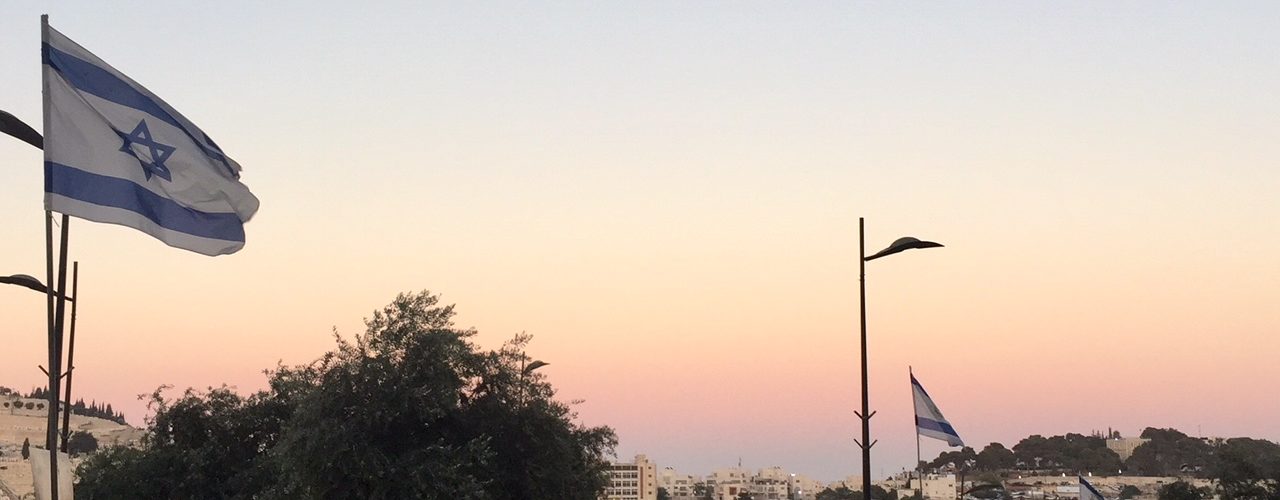Experience Reflection By Ashley Muse
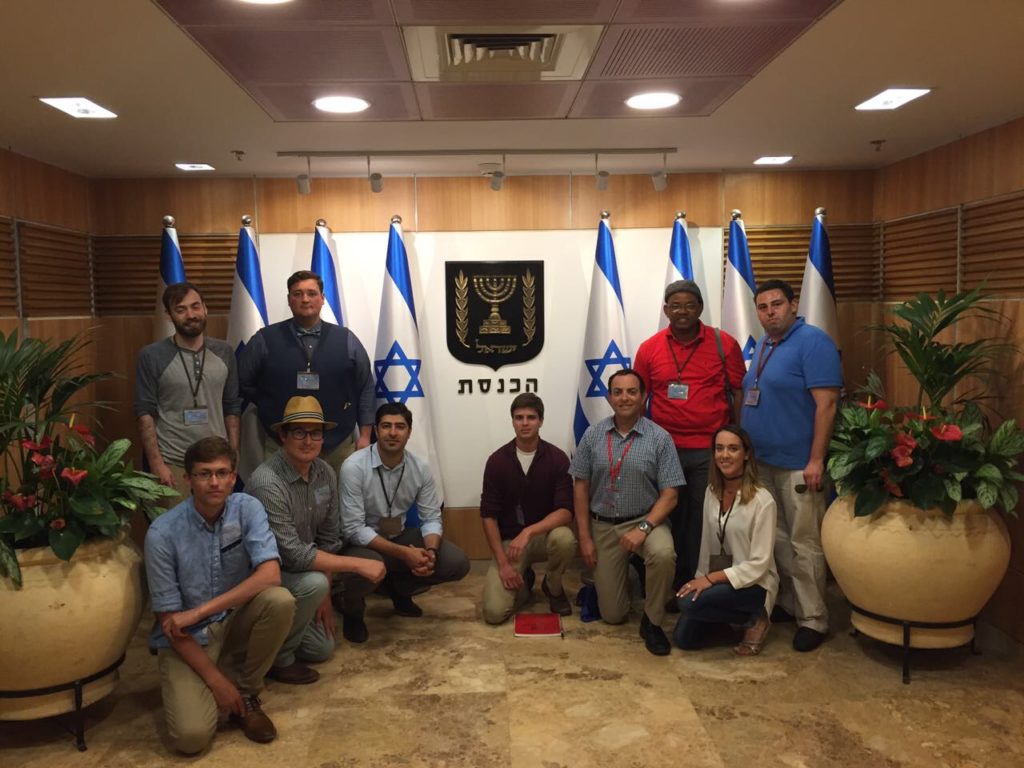
Last summer I was able to participate in a three-week study abroad program with the School of International Service, led by professor Guy Ziv. During our time in Israel, we traveled from the very Upper Northern region of the country on the Israel-Syria border, to the very Southernmost region in the Negev desert. Between these travels, we were based at the Hebrew University campus in Jerusalem. We learned about everything from water issues and cybersecurity terrorism, to the long history of the Arab-Israeli conflict. As for the latter, we purposefully viewed the conflict through the lens of the Six-Day War, as 2017 was the 50th anniversary of the reunification of Jerusalem.
An entire week of the program was designated to meetings with Knesset members from almost every party represented in the Israeli parliament. We heard perspectives from all across the political spectrum. My favorite meeting took place with Knesset Member Taleb Abu Arar, a member of the Arab Joint List. Abu Arar shared with us his views about the Jewish people—how they had no ties to the Temple Mount and did not start coming to Israel until 1917. While our class remained respectful of the MK, it was shocking to hear his sentiments. Not only did he deny basic history, but he then began to deny that Palestinian terrorism was an issue. Nonetheless, he was proud to share his opinions with us. I kept thinking to myself, while his views might not reflect well on him, they certainly reflect well on the truth that Israel is a democratic country where you not only have freedom of speech, but you also have the ability to be elected to public office even if you hold the view that Israel is an oppressive, occupying force. The irony was astonishing as we listened to him refute Israel’s democratic nature only to be disproved by his very presence and actions. What’s more democratic than allowing an elected member of the government to criticize the state? Unlike many other countries in the Middle East, civil discourse is welcomed in Israel.
For me, one of the most powerful moments from the program took place when we visited Israel’s Holocaust museum, Yad Vashem. After walking through the museum and revisiting the horrible history that took place during the reign of Hitler, you are led to an overlook outside the museum that is simply breathtaking. Moshe Safdie, the museum’s architect, purposely constructed the museum to lead to an overlook of the land of Israel so that visitors can remember the necessity of having a state for the Jewish people. The overlook in Yad Vashem brought me a sense of relief. Israel has become a safe haven for Jews and many other persecuted minorities in the Middle East, including Christians and homosexuals.
Having completed the study abroad program, I walked away with a more holistic understanding of the variety of Israeli perspectives, a realization of the complexities of Israeli-Palestinian politics, and a sense of gratitude for the Jewish State that stands as a beacon of hope and protection for the persecuted minorities of the Middle East.
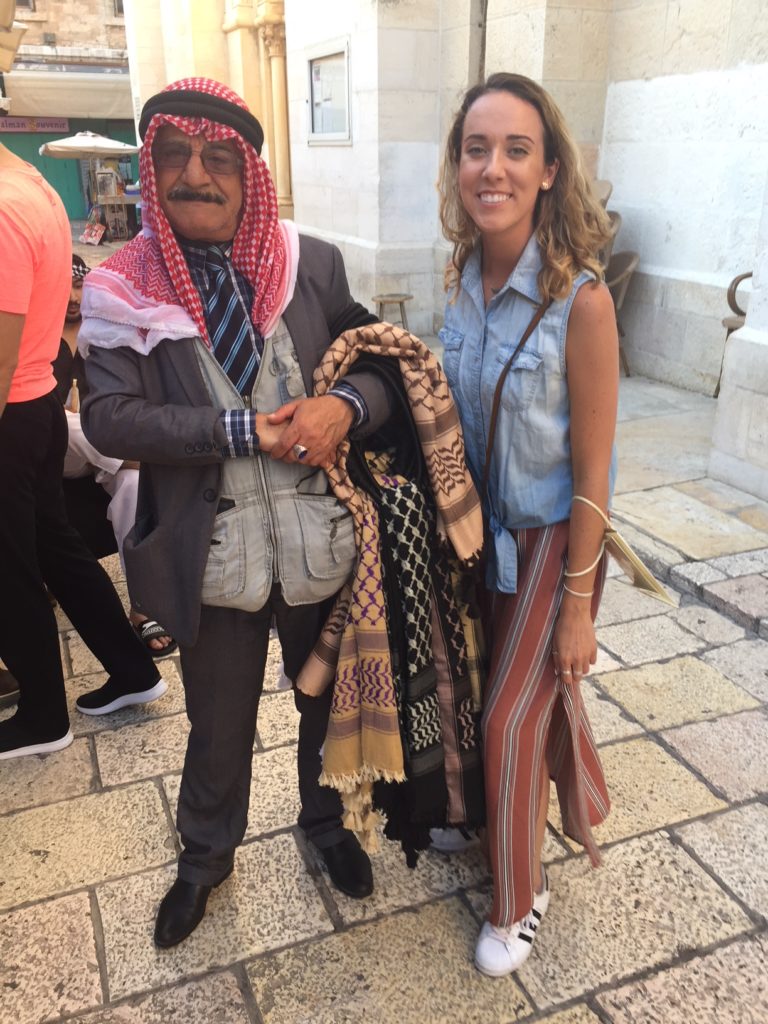
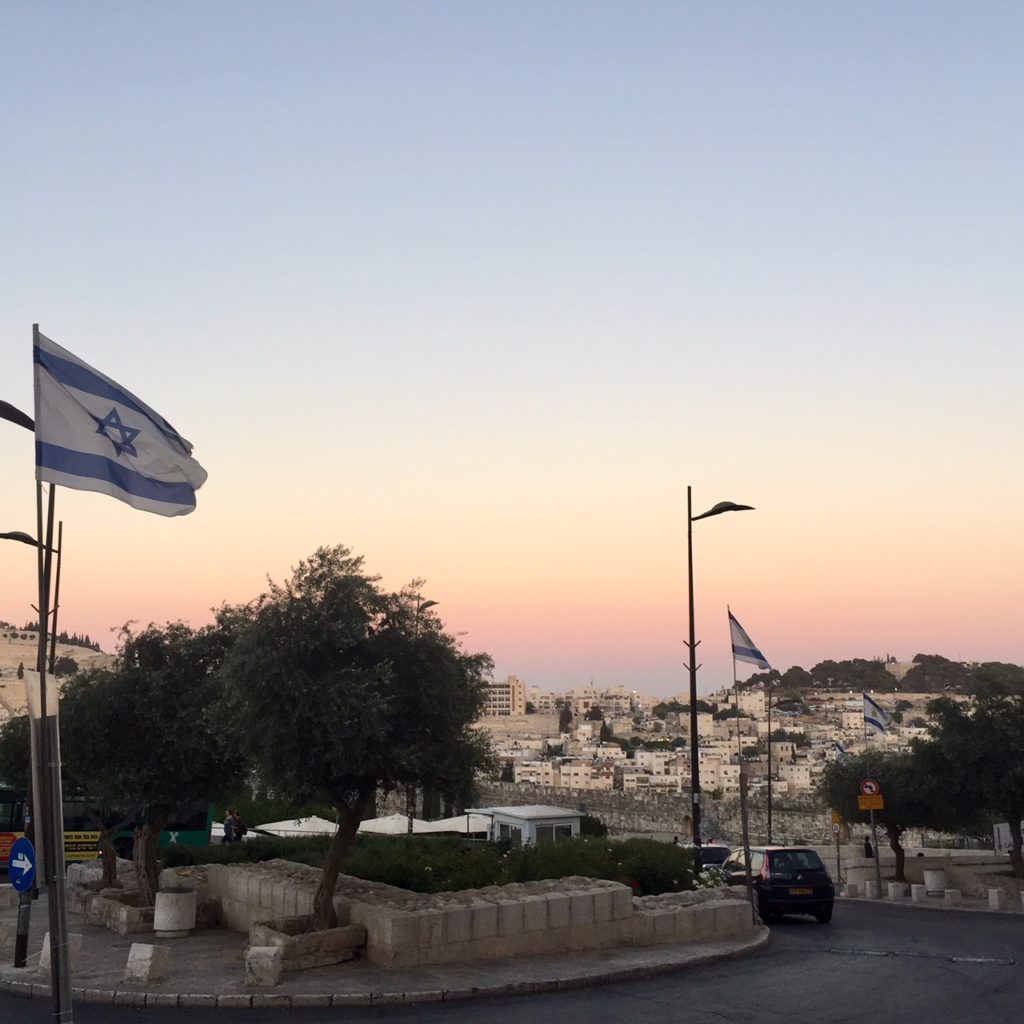
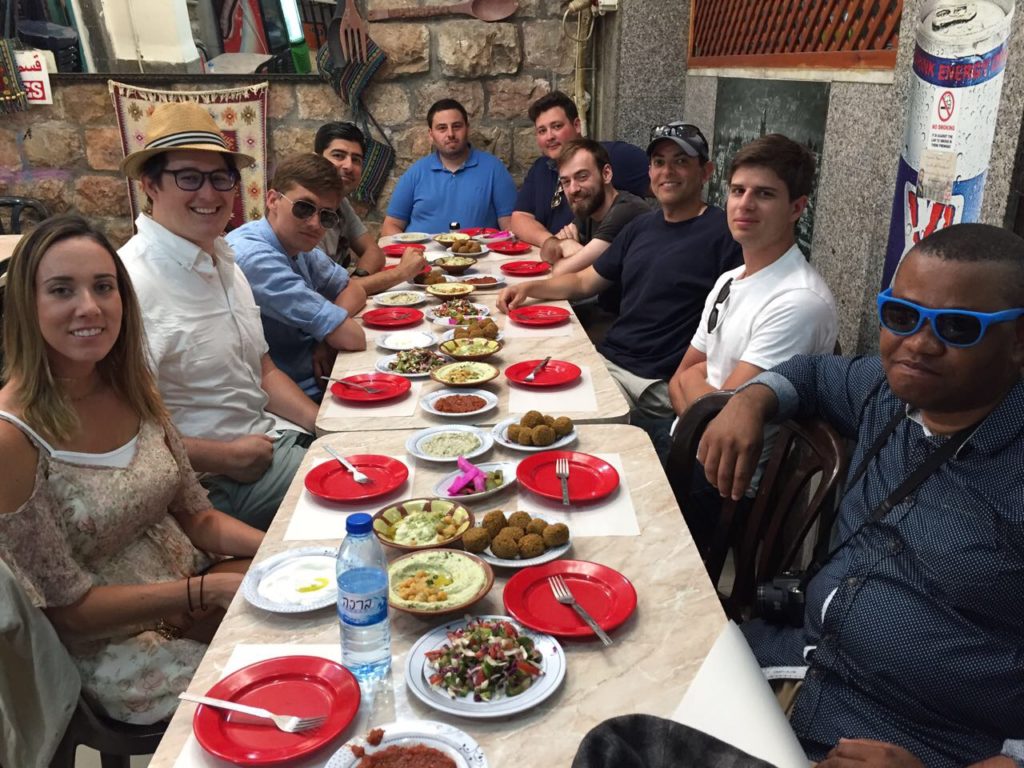
For any article inquiries, please contact Ashley Muse directly at the email provided: am2506a@student.american.edu.


